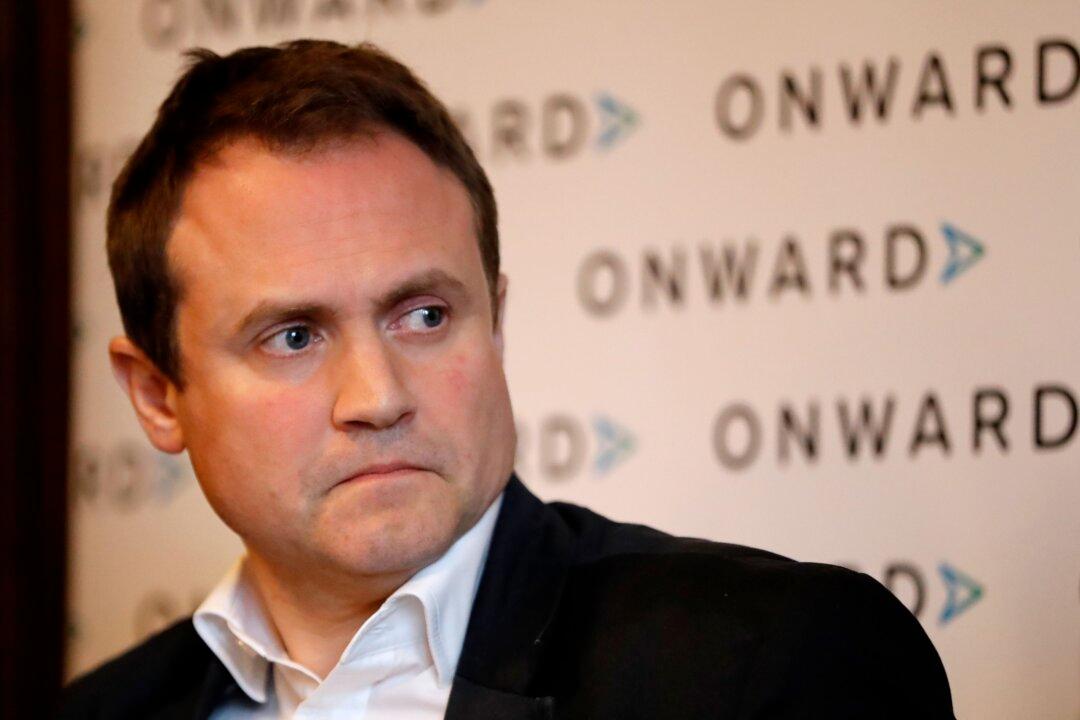British Parliamentarians urged the UK government on Monday to target Chinese human rights abusers with its new Magnitsky-style sanctions regime.
On the first sanctions list are 49 individuals and organisations from Russia, Burma, Saudi Arabia, and North Korea.
After foreign secretary Dominic Raab announced the new economic sanctions regime to the Members of Parliament (MP) on Monday, almost a quarter of MPs who questioned Raab urged him to sanction Chinese individuals or organisations responsible for or benefiting from human rights abuses against Christians, Tibetans, Uighurs, and the people of Hong Kong.
In response to the multiple questions on China, Raab said he was not going to “second-guess subsequent designations in relation to China or any other country” because of the importance of “making sure that we have a rigorous and judicious process leading up to designation.”
Replying to a question from MP Jim Shannon, Raab admitted that the Chinese regime’s authoritarian nature makes it difficult to collect evidence, but once the evidence is there, the British government will act.
“Of course, we need to be evidence based. And sometimes, in the most authoritarian countries, that’s difficult to come by, almost by definition, but where we’ve got the evidence and where the crimes are clear, I hope he [Shannon] will see from the designations that we make today, we'll be willing to act,” he said.
Questions About China
The DUP’s Jim Shannon congratulated the foreign secretary for getting the legislation done, but added that the Chinese Communist Party has to be targeted for the sanction regime to live up to its purpose.“He [the foreign secretary] referred in his statement to holding up a torch and the ‘flame of freedom’; we must question any sanctions policy that does not target the Chinese officials responsible for the mistreatment of the Uighurs in Xinjiang, where more than a million are in concentration camps,” Shannon said.
“An independent tribunal in Xinjiang concluded that forced organ harvesting is undoubtedly taking place with the knowledge and support of the Chinese Communist Party. Will the Secretary of State join his U.S. counterparts and act against human rights abusers in China?”
Sir Iain Duncan Smith, the former Conservative Party leader, and Chris Bryant, a former Labour minister, both asked, if there was sufficient evidence, if the government would include on the list Carrie Lam, the chief executive of Hong Kong.
Liberal Democrat MP Alistair Carmichael also said he hoped the Foreign Office would now “turn attention towards China, and particularly to those in Hong Kong, for whom sanctions of this sort would appear to be the logical next step.”
North Korea
North Korea, another extreme authoritarian country, made the sanctions list this time. Unlike the rest of list, however, it was two North Korean organizations rather than individuals who were targeted. This was because of “the clandestine nature of the [North Korean regime’s] decision-making process,” Raab explained.“The two organisations that we are designating are bureau 27 of the Ministry of State Security, which oversees the political prison camps, and the Ministry of Public Security’s correctional bureau, which oversees the ordinary prison camps—both ghastly in their own right.”
When questioned by Tory MP Andrew Selous, Raab said, “We would certainly now be able and willing to proceed to name and designate any individuals.”





